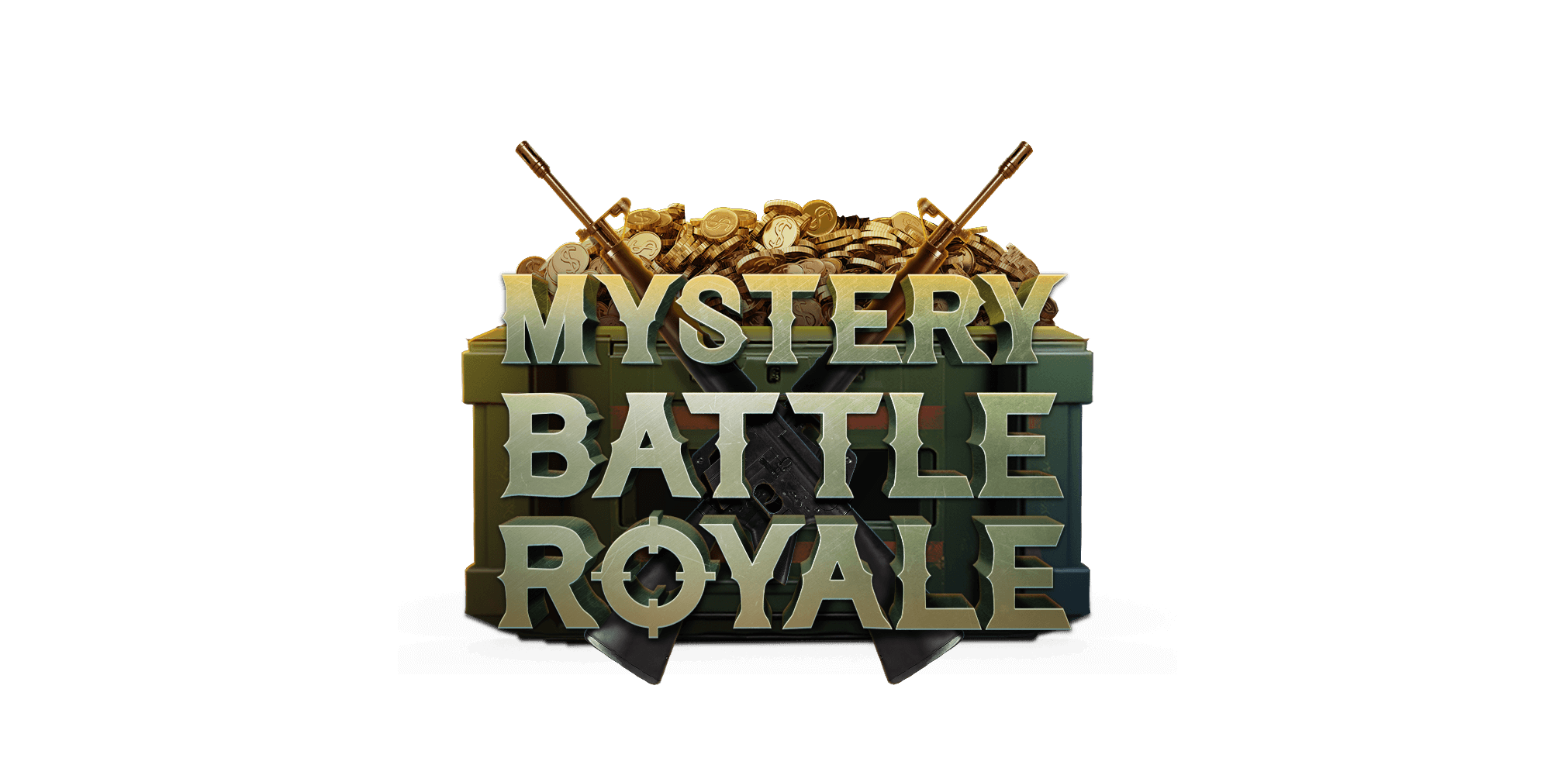
A question people often ask about poker concerns luck. Is the game purely skill or nothing but luck? Is it just gambling like any other casino game? It's a frequently discussed subject, whether at the game table, over a beer, or even when forming gambling laws.
Poker has always been a subject of debate among players and enthusiasts alike, from all four corners of the earth. Some argue that poker is a game of raw luck that anyone can win, while others believe that skill is the main factor that determines whether a player goes full-on 'robusto' or not.
So, is poker skill or luck? While we believe that lady luck plays a huge factor, good players rely on skill, rather than luck. Through this article, we will explain why that is.
What Exactly Is Luck, Anyway?
Before we can decide whether or not playing poker is about luck, we need to understand what that word means. Let's start by looking at the dictionary, which defines the term as, “success or failure apparently brought by chance rather than through one’s own actions' '.
If we run with that particular definition, then we cannot deny that luck is fundamentally involved in poker. No matter how good a player you might be, your opponent can still hit that one outer on the river. You have no control over a randomly shuffled deck of cards.
Understanding the notion of luck isn't rocket science, really. Luck is basically just an unpredictable phenomenon that can affect the outcome of a game or an event. In poker, luck can manifest itself in many ways, such as drawing favourable cards or avoiding bad beats. However, luck in poker is not solely dependent on chance. Luck might also involve making the right decisions at the right time or catching an opponent with a weak hand. Nevertheless, luck in poker is just one of the many factors that contribute to a player's success.
Case closed then? Well, not quite.
Variance In Poker
 Anyone familiar with poker will undoubtedly have heard the term “variance” before. This concept concerns luck, but rather than looking at isolated hands, we think about the element of luck over a long run.
Anyone familiar with poker will undoubtedly have heard the term “variance” before. This concept concerns luck, but rather than looking at isolated hands, we think about the element of luck over a long run.
If you lost a hand, perhaps you played it badly or maybe it was just unfortunate. However, if you endure ten losing sessions in a row, it seems much more likely that you need to work at your game. In theory at least, your downswing might be an amazingly unlucky run. But the longer it goes on, the more you have to wonder if you just made a lot of bad decisions.
Long and consistent losing runs cannot simply be explained away by negative variance, or “bad luck”. By the same token, if a sports team lost every game in a season, we’d say they were not good enough, wouldn't we? If a colleague in the office always delivered poor results, they’d be deemed incompetent. Poker is no different in that regard.
Got it? Variance in poker simply refers to the swings in a player's results, which are influenced by a combination of luck and skill. Players can experience both positive and negative variance, which can affect their results in the short term - it is just an accepted phenomena of the game, really.
Over time, however, the impact of variance can be reduced as skill becomes a more significant factor in the game. Understanding variance and the importance of skill is essential for players, especially when it comes to odds and calculating expected value.
Why Poker Is A Skill Game
There is no question that luck plays a huge role in poker, but it is the skill of the player that determines their success in the long run and not pure luck alone. In poker, skill involves more than just understanding the rules of the game, it also involves an understanding (to some level) of probability, mathematics, and even human psychology. Skilled players understand the importance of playing conservatively, calculating odds, and analysing their opponents, while less successful players depend on luck way more than they should!
Unlike casino games (or many other betting games) which rely solely on luck, poker is a game that can be learned, studied, and mastered over time, to such a degree that you might even describe it as an art. The mathematical edge that skilled players possess over their opponents is massive, allowing them to consistently make profitable decisions. As with the variance we just described above, by studying the game and constantly improving their skills, players can reduce the impact of negative variance and improve their long-term results. In other words, while luck may be a factor in poker, it is skill that ultimately separates the best players from the rest.
To sum up, poker is a skill game that requires a combination of knowledge, experience, and strategic thinking, all rolled into one, ready to wheel out under pressure. Understanding variance, pot odds, and expected value is crucial for players looking to improve their skills and reduce the impact of negative luck.
Look at it this way: with consistent effort and study, anyone can become a skilled poker player and compete at the highest levels of the game. As the old saying goes, "the more I practice, the more lucky I seem to get."
Still think that poker is a game of chance? Here’s the case for the skill defence in a little more detail.
The Best Players Always Win
 Phil Hellmuth has 16 World Series of Poker bracelets to his name, as well as five World Poker Tour final table appearances. He is known as possibly the greatest tournament poker player in history. There is simply no way that his performance, over a period of more than 30 years, can be down to just luck. No reasonable person could possibly think that!
Phil Hellmuth has 16 World Series of Poker bracelets to his name, as well as five World Poker Tour final table appearances. He is known as possibly the greatest tournament poker player in history. There is simply no way that his performance, over a period of more than 30 years, can be down to just luck. No reasonable person could possibly think that!
The comparison doesn't end there, however. We could say the same about all the other top pros who’ve made millions out of poker over an extended period of time. Daniel Negreanu, Doyle Brunson, or Phil Ivey, for example. It’s always the same old faces crushing tournaments and cash games year after year.
The bottom line is this: the best players in poker tend to win more often than not, because they possess a combination of skill, experience, and a deep understanding of the art of the game. Obviously, luck will still play a role in determining the outcome of individual hands, but really skillful players are better equipped to make the most of lady luck and pounce on their opponents' mistakes.
By the way, those 'same old faces' we mentioned? We recommend that you study their plays - if you get a chance to watch any of them - it will help improve your own skills, especially when it comes to playing pocket aces.
Results Can Improve With Effort
There is a harsh truth, that when you first start to play poker, you will probably be a losing player. Even the greats lost money until they understood the game at a deeper level. So why, if the game is all about luck, did their results improve as they gained experience? Do you see what we mean?
The fact is that the harder you work, the better you become! You cannot put effort into getting better at predicting the outcome of a coin toss. It’s always a fifty-fifty shot. That’s because flipping coins is about luck and not skill. But a poker player can improve their results over time, which proves that the game is one of ability.
In a nutshell, poker is a game that requires non-stop effort and constant improvement. Even the most skilled players can still learn and develop new strategies to improve their results. Consistent effort, study, and practice can help players overcome any negative variance and improve their overall performance in the long run, it really is as simple as that. While there might be times when you feel cursed with awful luck, the fact of the matter is that practice makes perfect.
With an important layer of skill with your game, you don't need to rely on luck too much. Poker is a game of analysis over luck. Understanding the importance of playing conservatively and calculating pot odds, for example, can help players reduce so-called "bad luck" and improve their results over time.
Mathematics And Probability
 If you remove the element of psychology from poker, the game is essentially about mathematics. If you put your chips into the pot when the numbers are in your favour, then more often than not you’re going to make a profit.
If you remove the element of psychology from poker, the game is essentially about mathematics. If you put your chips into the pot when the numbers are in your favour, then more often than not you’re going to make a profit.
Understanding when to call or fold involves calculations, sometimes even quite complicated ones. Nobody would claim that understanding mathematics is not a skill. And poker’s fundamentals involve maths.
The bottom line is that mathematics and probability play a really key role in poker. Skilled players understand the odds of various hands and use this knowledge to make informed decisions ahead of each play. This will allow them to determine whether a particular hand is worth playing or folding, and to calculate the pot odds of making a particular hand. Therefore, poker requires a high level of mathematical aptitude and strategic thinking that can be applied to each hand at a moment's notice, sometimes under huge pressure.
Again, to draw on the comparison of slot machines, other betting games may rely more on pure luck, but poker is mostly a game of skill that requires players to understand the maths behind it.
The Role Of Psychology In Poker
A vital aspect of playing poker is reading your opponents. Competent players can assess the actions, facial expressions, and mannerisms of their rivals to learn more about their hand. Players can improve their decision-making and eventually increase their chances of winning by understanding the psychology of their rivals.
Another key component of poker is controlling one's feelings. Players must be able to control their emotions to keep them from influencing their choices when losing hands or facing negative variance. Even in the midst of difficulty, successful players maintain their composure and attention.
In poker, staying focused is also crucial. When thousands of dollars are on the line, even a brief instant of distraction can have a big impact. Successful players stay on guard at all times, keeping an eye on their rivals and assessing the circumstance to decide how to proceed.
Although probability and numbers are key components of the game, a player's game can improve by becoming skilled at the psychological aspects. Poker players can gain an advantage over their rivals and improve their long-term success by perfecting their psychological skills.
Poker Strategies Requires Constant Study
 When Daniel Negreanu was beating up poker games throughout the 1990s and 2000s, many would argue that he was the best in the world, the poker tournament GOAT. But when he recently took on Doug Polk in an extended high-stakes heads-up match, he was destroyed.
When Daniel Negreanu was beating up poker games throughout the 1990s and 2000s, many would argue that he was the best in the world, the poker tournament GOAT. But when he recently took on Doug Polk in an extended high-stakes heads-up match, he was destroyed.
The game changes, and if you don’t work at it, you will be left behind; that is no different from any other walk of life. Doctors need to stay abreast of new medicines and surgical techniques. Car mechanics today must understand computers more than carburetors. These are skilled professionals too, just like poker players.
Basically, poker strategies are continually evolving over time, and the best players understand that constant study is essential to remain competitive and stay sharp, and ahead of the game. Successful players are constantly analysing their play and their opponents, looking for ways to improve their game and if you don't apply the same mindset to poker, "bad luck" will start to show up way more than it should.
Whether it's by studying new strategies or analysing past games, there is always room for improvement in poker, regardless of your level. Understanding the significance of winning hands and losing hands, and how to adjust your play based on these results, is crucial for poker players looking to improve their skills and grow as a player.
Conclusion
Most people would agree that poker is a game of skill, even when playing the modern variations of the game such as online poker. There is no denying that luck will play a role in individual poker hands - however, it is a player's skills that determine their success in the long run, and not the dreaded curse of lady luck!
Practice makes perfect, and by continually improving a combination of poker hands, mathematical aptitude, and strategic thinking, players can increase the impact of more luck. Although short-term negative variance can be frustrating and will test the most focused of players, consistent effort and study can help players improve their results over time and defeat negative variance, to a large degree.
Make no mistake about it - poker is the ultimate game of skill!
Image Source: Pokernews

.webp)



























